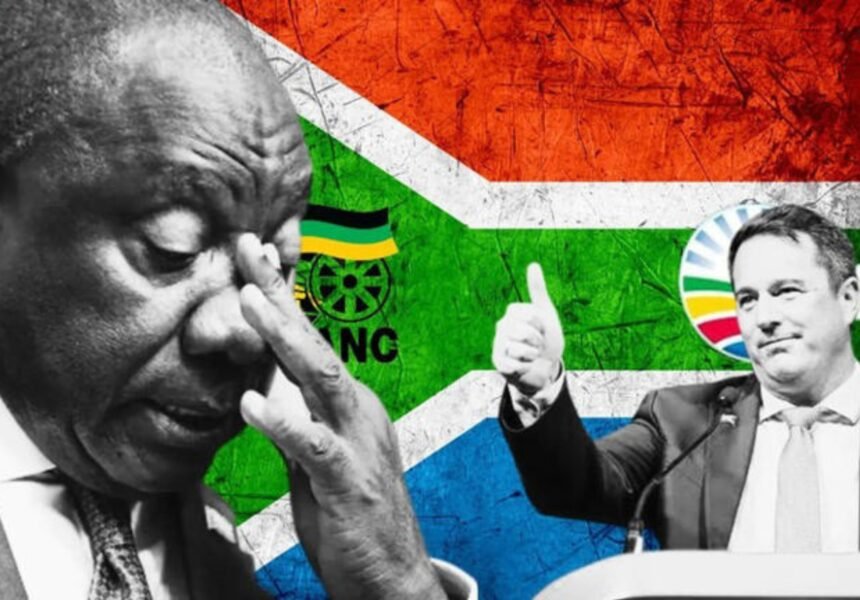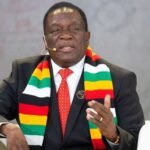For the first time in South Africa’s democratic history, the government’s annual budget presentation has been abruptly postponed due to internal disagreements within the country’s governing coalition. Originally scheduled for Wednesday, the budget speech will now take place next month, following a dispute among coalition partners over key fiscal policies.
The budget, typically delivered in February, is a critical event that outlines the government’s economic plans and priorities. However, Parliament Speaker Thoko Didiza confirmed that this year’s delay marks an unprecedented moment in the nation’s post-apartheid governance, highlighting the complexities of managing a 10-party coalition.
The African National Congress (ANC), which lost its parliamentary majority for the first time since the end of apartheid in 1994, now requires support from other parties to pass the budget. One of the major points of contention is a proposed 2% increase in value-added tax (VAT), which has been strongly opposed by the Democratic Alliance (DA), South Africa’s second-largest political party.
In a statement, the DA argued that the tax hike would place an excessive burden on the economy, stating that it “would have broken the back of our economy.” The opposition Umkhonto we Sizwe Party went further, criticising the delay as evidence that “this country has no leadership.”
The budget delay comes at a time when South Africa’s economy is facing significant strain. Economic growth has stagnated, and the government is grappling with increasing fiscal challenges. Finance Minister Enoch Godongwana acknowledged the difficult choices ahead, stating, “Do we borrow more, and what are the implications of that? Do we continue cutting expenditure? What are the implications of that? Do we raise tax, and what are the implications of that?”
The uncertainty surrounding South Africa’s budget has raised concerns among investors. The Black Business Council, which advocates for the inclusion of Black-owned businesses in the economy, warned that the postponement could erode investor confidence. CEO Kganki Matabane criticised the government’s handling of the situation, saying, “We are busy dealing with the Trump issue, and we are working on sending envoys to the world to say South Africa is intact. But when you have something like this that you can control, and you just throw your arms in the air, it doesn’t bode well for the government.”
Adding to the financial strain, the budget impasse follows a recent decision by former U.S. President Donald Trump to cut U.S. aid to South Africa in response to the country’s controversial land reform policies. This move is expected to further pressure South Africa’s government, particularly in funding essential services such as public healthcare. Trump’s global freeze on U.S. aid for 90 days has already impacted the country, exacerbating existing economic difficulties.
Domestically, tensions between the ANC and DA have intensified over key legislative issues. The two parties have clashed over the Land Expropriation Act, which allows the government to seize private land for public benefit, as well as an education bill that seeks to extend government control over schools that teach in minority languages.
As South Africa’s government scrambles to find solutions, the postponement of the budget shows the challenges of managing a deeply divided coalition. The coming weeks will be crucial in determining whether the ruling ANC can negotiate a budget agreement that satisfies its coalition partners while addressing the country’s pressing economic needs.










